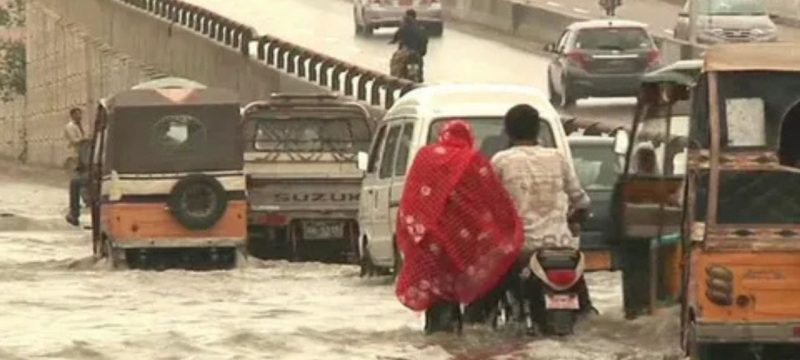Heavy monsoon showers caused widespread chaos in different parts of the country. According to the National Electric Power Regulatory Authority (NEPRA), at least 11 people died from electrocution during the July rains in Pakistan. The tragedies took place in cities where rainfall was at record levels, highlighting the urgent need for better infrastructure and safety measures.
Electrocution deaths rise during July rains in Pakistan
NEPRA confirmed that unsafe power lines and poor maintenance were among the key reasons behind these deaths. Torrential rains not only flooded streets but also left exposed wires and damaged electrical systems, turning normal pathways into deadly zones.
The incidents were reported in multiple regions, including urban centers already struggling with drainage and electricity shortages. Safety experts warn that unless immediate steps are taken, future rain spells could lead to even higher casualties.
Some of the major issues reported during the rains include:
- Broken or exposed power lines in residential areas
- Lack of timely repair and maintenance of transformers
- Flooded streets make electric poles and wires highly dangerous
- Insufficient public awareness about electrocution risks
NEPRA has urged local power distribution companies to take stronger action, such as better insulation of wires, strict monitoring during rainy spells, and public safety announcements. Authorities also stress that citizens should avoid walking through flooded areas where live wires may be submerged.
Adding to the situation, cities like Sialkot witnessed record-breaking rainfall. According to local reports, Sialkot saw record rains leading to flood alerts, which intensified risks of electrocution and property damage.
Public urged to take safety precautions
Officials emphasized that many electrocution incidents could have been prevented with stronger public awareness. Families are being advised to stay indoors during heavy rains, keep children away from flooded streets, and immediately report any fallen wires to authorities.
NEPRA’s findings have also put pressure on local governments to modernize infrastructure. Experts believe that long-term investment in underground wiring, improved drainage, and timely inspections could significantly reduce the dangers associated with monsoon rains in Pakistan.
As the rainy season continues, citizens are reminded that celebrations, travel, and daily routines must be balanced with caution. The deaths caused by electrocution during the July rains in Pakistan serve as a reminder that preparedness and preventive action are vital for saving lives.







